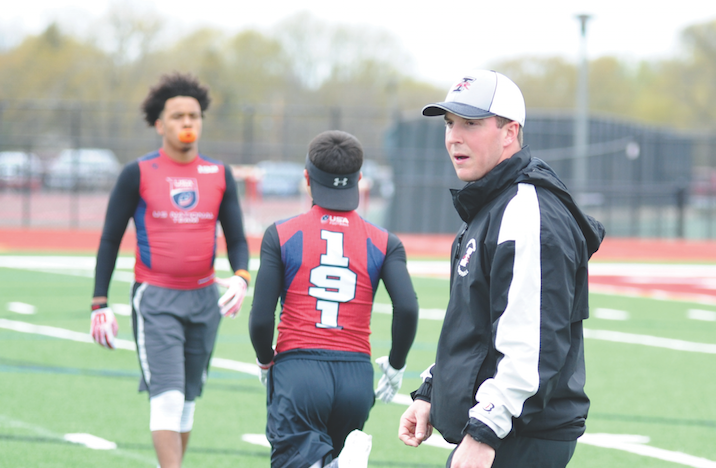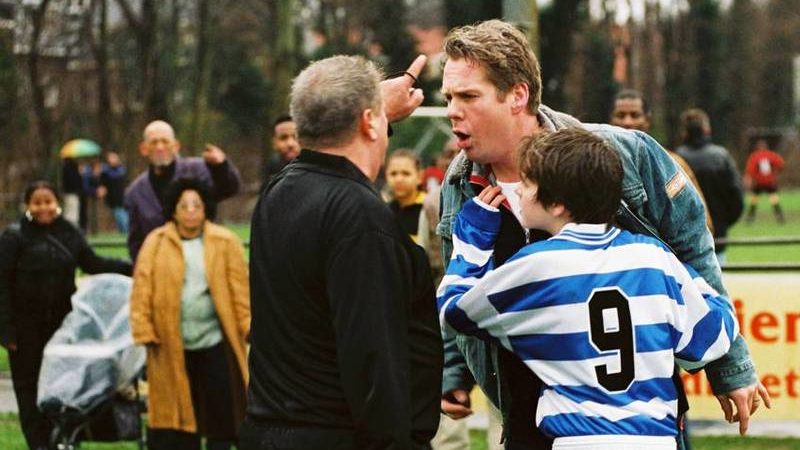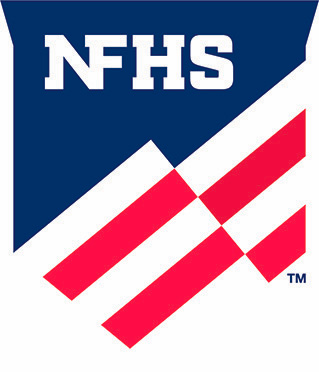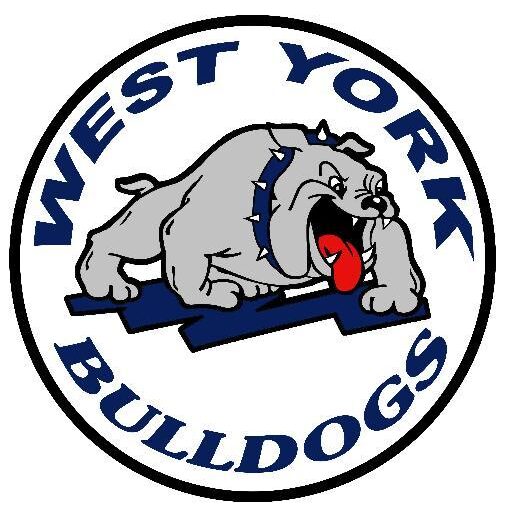A.D.ministration: Supporting and protecting your coaches

When athletic administrators analyze their major obligations, they’ll likely look at tasks like managing the budget, risk management, game management and scheduling. While they may not realize it, they’re also human resource managers. They hire, supervise, and evaluate their coaching staffs and other personnel. In addition, their efforts with coaches should extend to mentoring and protecting coaches.
To be of real support and value, you need to be available when coaches actually need help, and this may not accommodate your daily routine.
These responsibilities, and a few others, make them personnel managers. It’s no different than what occurs at the corporate level. Outside of the educational realm, salaries and bonuses are still the most important aspects for motivation and retention of employees. Corporate human resource managers, however, have discovered that showing appreciation to employees ranks a close second to money when it comes to retaining a quality staff. This concept should not be lost on athletic administrators.
Part of demonstrating appreciation is being supportive when your coaches need help and guidance. Coaches might want to vent or seek sound practical advice. It’s also important to keep in mind that these sessions may not always come at an opportune time in your schedule. To be of real support and value, you need to be available when coaches actually need help, and this may not accommodate your daily routine.
» ALSO SEE: Ideas for keeping great coaches at your school
One of the best ways to show appreciation and support your coaches is to protect them. This does not mean blindly standing behind them regardless of their mistakes or problems. But coaches often face expectations that are unattainable. That sometimes leads to attacks from misguided parents and community members.
Here are some specific issues that may require the athletic director to protect their coaches:
• In the community, there may be unrealistic expectations to win. To counter this, it’s vital to educate parents and community members of what’s involved in education-based athletics. Specifically, you should explain how your program measures success. It’s important to stress that the No. 1 objective in education-based athletics is the growth and development of student-athletes.
• Demands and pressure from parents represent the primary reason coaches leave the profession. Quite often, the problem centers around starting, minutes played, a player’s role or the coach’s style of play.
• Some parents “coach” from the stands. This behavior cannot be allowed, because it interferes with the coach-athlete relationship, and it upsets the operation and execution of the team. This approach by parents may also embarrass and negatively affect the athletes.
Here are eight tactics that athletic administrators should consider to help their coaches and demonstrate their total support.
1. Act as a buffer to protect coaches from parents.
Sit in on potentially contentious meetings that parents schedule with coaches to air their grievances. You don’t have to say anything, but your mere presence can be a major deterrent. If needed, you can jump into the conversation and help maintain proper decorum or provide clarification. Being a part of these difficult and stressful meetings is greatly appreciated.
2. Explain that coaching from the sidelines is not tolerated.
 Accomplish this during your preseason parents meeting, and provide the logical reasons for this expectation. If there is an incident during a game, approach the parent and politely intervene. Should the parent ignore your request, the next step is asking them to leave the contest.
Accomplish this during your preseason parents meeting, and provide the logical reasons for this expectation. If there is an incident during a game, approach the parent and politely intervene. Should the parent ignore your request, the next step is asking them to leave the contest.
3. Emphasize that coaches are never evaluated primarily on win-loss records.
Explain this during you preseason coaches meeting. The evaluation process uses the National Standards for Coaches and is an effort to list their positive contributions along with suggestions for improvement. The end result is to provide the best environment for student-athletes. This means having a coaching staff that helps young people grow and develop life-long skills.
4. Don’t succumb to pressure to fire a coach over wins/losses.
Keep your principal and superintendent informed that these demands are wrong, and that the formula for winning has many variables beyond coaching. By taking these steps, the venom and attacks may instead be directed at you. But stick to your guns, and formally evaluate all coaches based upon a multitude of factors.
Always recommend the retention of individuals who best serve young people in your program.
5. Spread the word about education-based athletics.
Repeat the message as often as possible, because there are always new parents involved with your program and others who need reminders. There needs to be a continual, ongoing effort to educate parents and community members.
6. Encourage coaches to complete the NFHS certifications.
This includes the Accredited Interscholastic Coach and Certified Interscholastic Coach certifications. While these help coaches to improve their knowledge and background, they also provide a visible demonstration of professionalism. Whenever a parent challenges you over a coach’s qualifications, you have great ammunition.
7. Publicize accomplishments and honors earned by coaches.
This should include earning their national coaching certifications, involvement in community service, and helping players in the college recruitment process. In essence, you should create a public relations campaign to produce a positive image and support for your coaching staff.
8. Encourage coaches in the hallways or lunchrooms.
Just a simple comment like, “Hey, don’t let that parent affect your great work. We’re behind you all the way.” This casual, informal comment works wonders for a coach’s sense of appreciation and support.
Considering that coaches are your most important resource — more than money, facilities, equipment and uniforms — it behooves you to do everything you can to support and protect them. Don’t let parents or other community critics come between your program and a great coach.
David Hoch, CMAA, has 16 years of experience as a high school athletic director and served for 12 years as the executive director of the Maryland State Coaches Association. In 2000, he was named Athletic Director of the Year by the Maryland State Athletic Directors Association. His column, A.D.ministration, focuses on issues in athletic administration and appears regularly in Coach & Athletic Director magazine.
One thought on “A.D.ministration: Supporting and protecting your coaches”
Leave a Reply
You must be logged in to post a comment.






I think the problem sometimes is the coach not necessarily being bad. Said coach May have over stayed his/her time in his coaching profession. But the AD holds on the coach for a number of reason. The community starts to loose faith in the process. That’s when problem really start. Theres a fine line between protecting and turning a blind eye..